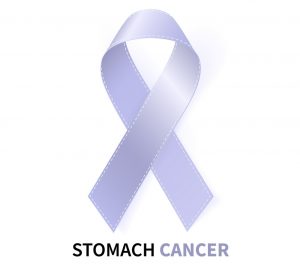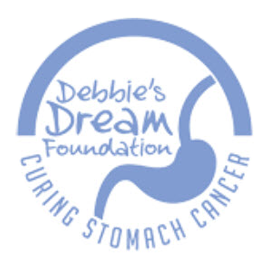
Minnesota Stories
Colt Blunt - Shakopee I got sick just before Easter 2019. I thought I had food poisoning from some expired cheese or had a bad reaction to a new probiotic. It improved quite a bit over a couple of days, but I still had heartburn and acid reflux, which were new things for me. Thankfully, I already had a physical scheduled in a couple of weeks. My doctor took my symptoms seriously and put me on a proton pump inhibitor, but said he'd send me for an endoscopy if I didn't fully improve in 10 days. True to his word, he contacted me ten days later, was unsatisfied with my progress, and sent me for an endoscopy to look for an ulcer. The procedure revealed what was initially thought to be an ulcer, but I got the call the next morning telling me that I, an otherwise healthy 37-year-old man, ate clean, and exercised routinely, had stomach cancer. Within the next few weeks, I found out the tumor was more significant than expected but hadn't spread. I was told it was Stage III and considered locally advanced. The plan was to hit me with six harsh chemo rounds and then send me for a total gastrectomy. However, after four rounds, I had the surgery due to some elevated liver enzymes and a scan that showed the chemo had killed mainly cancer already. My surgery went great, and my pathology report not only showed That the tumor had been contained to the stomach but that it had shrunk to almost nothing. I just finished my last of four rounds post-surgery. They've been a lot tougher than the first four, with lots of nausea and vomiting and weight loss. However, I'm alive and plan on continuing to survive. I honestly have my primary doctor to thank for catching this much earlier than is typical in the US. I owe him my life. I'm also very fortunate to have been prescribed a newer chemotherapy regimen (FLOT) that effectively killed my cancer and had such a stellar surgical team for my gastrotomy. Frankly, early detection and useful and timely treatment are essential to effectively combating stomach cancer, and unfortunately, we lag in the US in this regard, especially for younger Americans.
Gabrielle Bouska - Chatfield Growing up in a family where cancer seems inevitable can shape your life to be very different than many others. As far back as I can remember, seemingly random cancers kept taking extended family members. I suppose this is what drew me to a career in genetics and oncology research. While working for one of the clinical genomics physicians at Mayo Clinic, I decided to make an appointment with a genetic counselor. I was tested for mutations in over 20 genes, and we were surprised by which one came back positive: CDH1. This confused my family, as gastric cancer was present in our history but not as common as CDH1 positive families typically have. Because of this, many of my family members did not take the diagnosis seriously. I decided to have a preventative stomach removal since there are no accurate ways to screen for this cancer. Unfortunately, less than a year after my diagnosis, my uncle went to the hospital for stomach pain and was found to have very aggressive and advanced gastric cancer. Treatment was not an option. Within 8 weeks of developing symptoms, he passed. It is crucial that we find early interventions and effective treatment methods for these patients. Gastric cancer is most underfunded areas of oncology research with one of the highest rates of mortality. Roughly 95% of patients with diffuse gastric cancer will die within 5 years of diagnosis. We need to do better.
